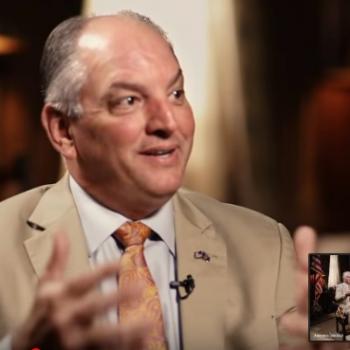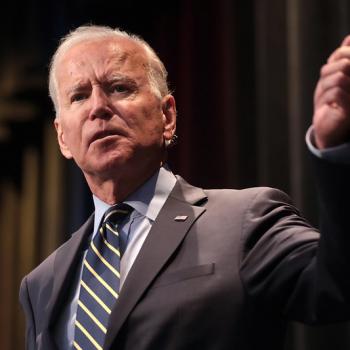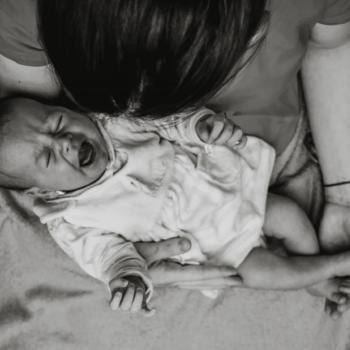While people continue to debate the Cuomo Communion Controversy, Cardinal Roger Mahony of Los Angeles weighed in on the issue earlier this week:
While some of Mahony’s brother bishops appear as if they won’t be happy until they get the chance to deny Communion to elected officials who deviate from church teachings, Mahony has resisted taking that step. Why? Canon law, he notes, puts the responsibility for worthy receipt of the sacrament on the person approaching the Communion rail rather than on the priest.
“It isn’t for us to guess at what’s on someone’s conscience,” he said. Moreover, the cardinal mused, Christ gave Communion to Judas Iscariot at the Last Supper, though the apostle had, that day, committed his betrayal.
“You know, throughout the Gospels, Jesus never appeals to punitive measures to change anyone’s life…. A person who runs for elective office is still a Catholic and obliged to bring his or her moral principles to public policy. But being an elected legislator is a different role with its own responsibilities, and if they aren’t able to act on those principles, the church can’t say, ‘You didn’t make it happen, so you’re guilty of something.’ We can’t do that.
“I just try to extrapolate it out in my own mind: OK, so you’ve got a Catholic legislator who votes for a pro-choice piece of legislation, and you’re going to say that automatically leads to punishment? Well, does that mean that the chief of staff who didn’t stop him or her from voting that way also can’t go to communion? Does that mean that the secretary who handles their paperwork also can’t go? I mean, where does it end?
“It also won’t work. Americans — Catholic or non-Catholic — always side with the individual faced with punishment by the institution. Anything punitive always rebounds against the institution doing the punishing rather than the person receiving it.”
That prompted this response from canon lawyer Ed Peters:
I’m no Scripture scholar, so I don’t know whether Judas, in fact, took the Eucharist at the Last Supper, but let’s suppose he did. What exactly would be the lesson? Frankly, the more I think about it, and assuming there is a point for canonical practice in the episode—and if one will permit a bit of canon lawyer humor here—I suggest that Jesus, in giving Judas Communion, would have just been acting in anticipatory obedience to the 1983 Code!
Consider: It is well established in moral and canonical literature that a minister cannot withhold holy Communion from an occult sinner, even where the minister knows of the sin and knows of the impenitence. Citations [added: Abbo-Hannan II: 854-856; Dom Augustine IV: 232; Davis III: 206-207, etc.]. That’s why Canon 915 operates only in the face of manifest grave sin, not simply personal sin.
In fact, as important as the prevention of sacrilege is in the operation of Canon 915, it is not the only basis for the canon; rather, the prevention of scandal is also a key consideration, but scandal arises only from public behavior seriously at odds with Church teaching and order. Judas was an occult sinner, and Jesus did not expose his inexpressibly grievous, but to that point still private, sin to public view by withholding Communion from him.
Since he was 12 years old, Jesus had been taking the Doctors of the Law to school, and he did so even at the Last Supper.











